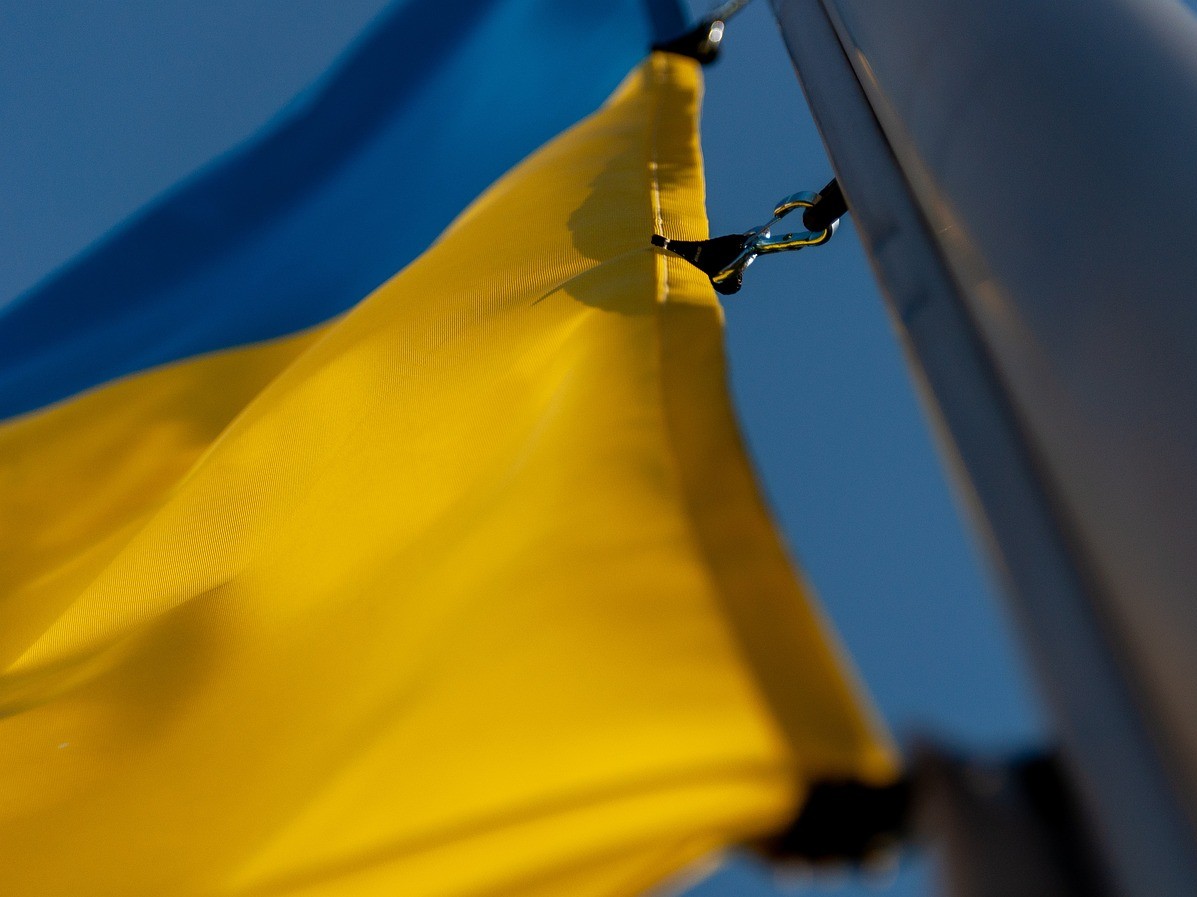
Young people in Ukraine are experiencing a significant deterioration to their quality of life and severe psychological and emotional challenges, according to a new report from the London School of Economics and Political Science (LSE) and the British Council being launched in parliament today (Thursday 21 November).
Through online focus groups with 36 young people in Ukraine aged 14-35 and an additional ten in-depth interviews focused on vulnerable youth, the researchers uncovered the profound impact of the ongoing war on young Ukrainians. Over half of the focus group respondents rated the impact of war on their lives as extremely negative.
Negative impacts of the war include concerns about the security and health of loved ones, constant unpredictability, a decline in quality of life, severe psychological and emotional challenges and the disruption of social connections and educational processes.
Vulnerable groups, including internally displaced people, report additional hardships such as high living costs and limited access to housing, clothing and other essentials. Students face interrupted studies, remote learning challenges and teacher shortages due to conscription and emigration.
Most young Ukrainians reported a lack of long-term plans, typically limited to one month ahead. One young woman aged20–35 told the researchers,“I don’t have any global plans. Because it’s scary to plan. I don’t plan to build a house or have children.”
Others reported living from one day to the next and emphasised how their plans are dependent on the war, its duration, and the circumstances under which the war will end.
Respondents also highlighted how their social connections have changed due to the war. Some have distanced themselves from friends and relatives with pro-Russian views, while others have lost connections as people have moved away. One young woman aged 14-19 said, “I have stopped socialising with a lot of people, because they support Russian culture and the actions of Russia.”
The youngest respondents (aged 14-19) are more likely than their older peers to report that the war has affected their social, political and cultural views with many rejecting Russian cultural exports such as books and music.
Many young Ukrainians expect the war to continue for several more years, ultimately ending in Ukraine’s victory, followed by accession to the European Union and NATO. Proximity to the frontline influences young people’s views on how and when the war will end with internally displaced people more sceptical about reconstruction efforts and positive outcomes of the war.
Looking ahead, the authors have proposed several key recommendations to enhance educational and psychological support, foster inclusive engagement among Ukraine’s youth and ensure their sustained development and empowerment amidst the war. These include prioritising local cultural and educational events and activities with young people; providing additional support for vulnerable groups including survivor support; and improving the quality of education provision during wartime.
Max Fras, co-author of the paper and a Senior Researcher with the LSE Consulting Education Youth and Civic Engagement (EYCE) Hub said: "Young Ukrainians are showing amazing resilience and remain highly engaged in the defence of their country in all areas of their lives. They are the key to Ukraine's successful recovery and the UK government should redouble its efforts to support them in their struggle."
Mariia Zolkina co-author of the paper and a Research Fellow at LSE said: “Despite repercussions of the large-scale war Ukrainian youth still demonstrates willingness to stay in Ukraine, contribute to reconstruction and civil life in the country. Support to this potential must be prioritized by Ukraine partners and international donors. Youth has strategic view on ending the war, and believe in victory, though links this to security guarantees for Ukraine.”
Colm McGivern, Country Director Ukraine, British Council said: “As an organisation, we are absolutely focused on the people of Ukraine and the impact of the war on their lives. These findings highlight the urgent need for comprehensive support for Ukraine's youth, addressing their immediate needs while fostering resilience and skills for the future. The report findings cover a wide range of issues, all of which have important implications for policymakers, and those of us delivering the British Council’s programmes in Ukraine, and everyone involved in supporting young people throughout the country.”
Chair of APPG British Council and UK Soft Power, Fabian Hamilton MP said: “I’d like to pay tribute to the work of the British Council and LSE in bringing these shocking and disturbing truths to light. It’s clear that millions of young Ukrainians are having their lives and futures ruined by Putin’s illegal invasion. Whilst it’s welcome that the UK government has doubled down in its support of Ukrainian freedoms, it’s vital that we also support the British Council in its work to continue to promote British values in some of the most difficult conditions in countries like Ukraine.”
The report, Understanding Ukrainian young people’s current concerns, needs and hopes, was commissioned by the British Council from LSE Consulting Education Youth and Civic Engagement (EYCE) Hub. Fieldwork was carried out by InfoSapiens.

